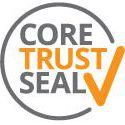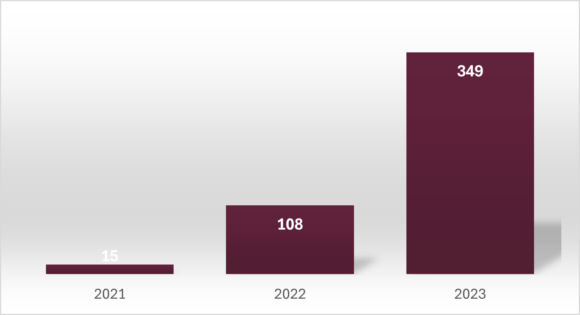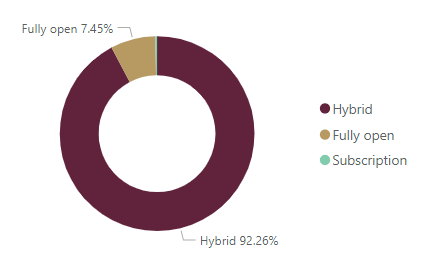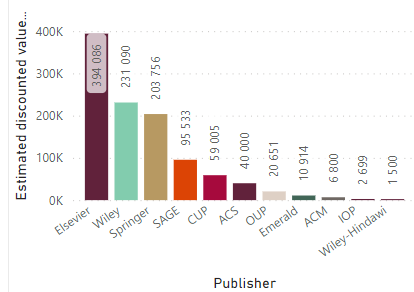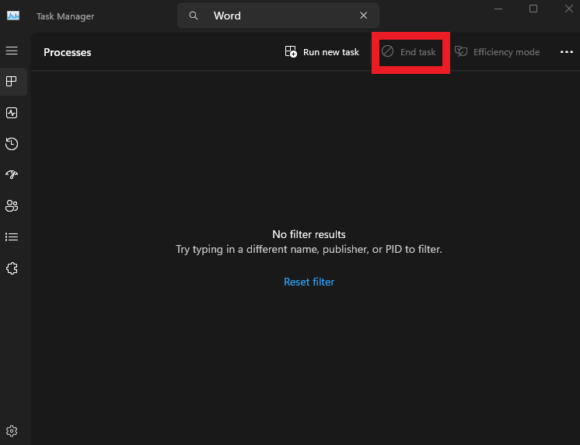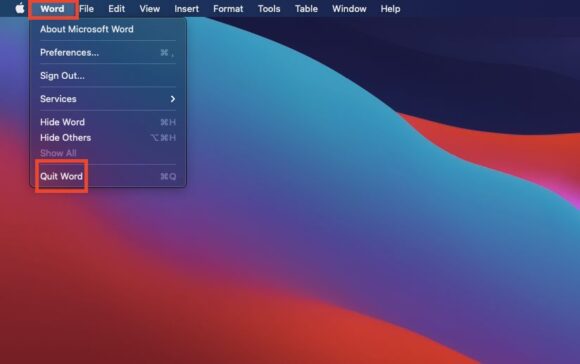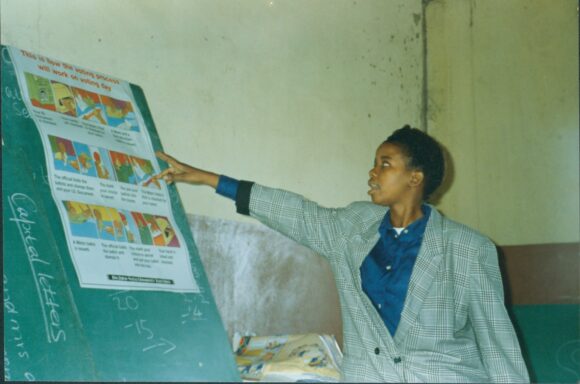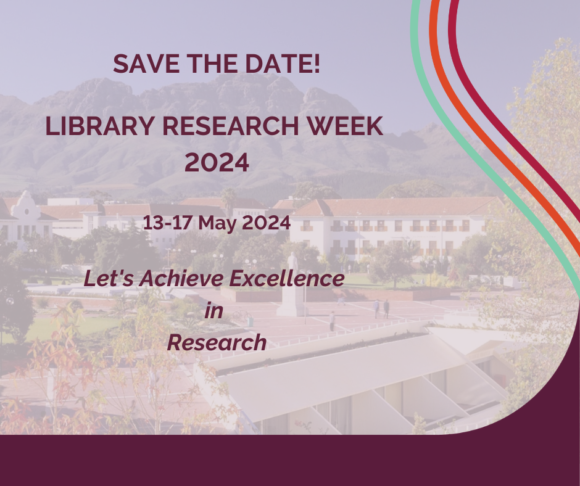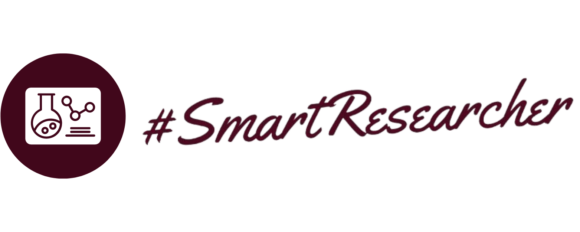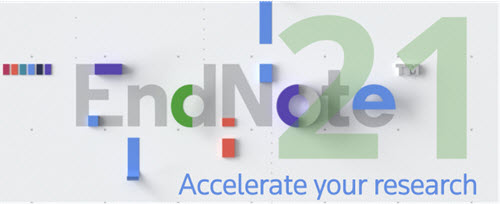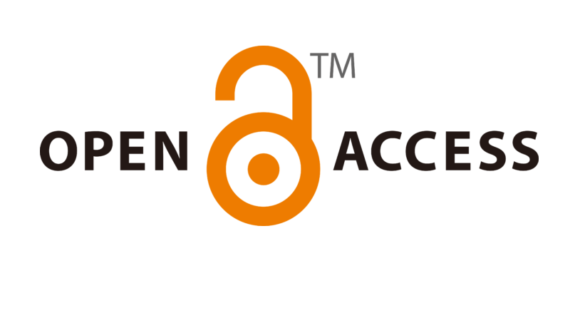A significant achievement for Stellenbosch University is that the institution has been granted the prestigious CoreTrustSeal, signaling a commitment to excellence in managing and curating research data. This certification holds immense importance in data repositories, underlining the university’s dedication to ensuring the integrity, sustainability, and accessibility of its valuable research data. Stellenbosch University launched SUNScholarData, an open-access data repository enabling SU researchers to share their datasets, and in 2023, this repository received the CoreTrustSeal certification.
The Significance of CoreTrustSeal:
The CoreTrustSeal is a globally recognised certification that signifies a data repository’s adherence to international standards and best practices in data management. Awarded by the CoreTrustSeal Board, this certification serves as a mark of trust and reliability for users, funders, and stakeholders involved in the research community. Let’s explore the fundamental elements of CoreTrustSeal and understand why it is a significant accomplishment for Stellenbosch University.
- Compliance with International Standards: Achieving CoreTrustSeal demonstrates that Stellenbosch University’s data repository aligns with internationally accepted data management and curation standards. This includes compliance with the FAIR principles (Findable, Accessible, Interoperable, and Reusable), ensuring that data is handled to maximise its usability and impact.
- Data Integrity and Quality: The certification emphasises the university’s commitment to maintaining the integrity and quality of research data. By implementing robust data management practices, Stellenbosch University ensures that its data remains accurate, reliable, and free from errors, bolstering the credibility of the research produced.
- Long-Term Accessibility and Preservation: CoreTrustSeal requires institutions to demonstrate their commitment to the long-term accessibility and preservation of research data. Stellenbosch University’s certification assures researchers and collaborators that their valuable data will be securely stored and accessible for future use, contributing to the longevity of scholarly contributions.
- Enhanced Collaboration and Interoperability: The certification promotes interoperability by encouraging repositories to adopt standardised practices. Stellenbosch University’s CoreTrustSeal achievement facilitates seamless collaboration with other research institutions, as data can be easily shared, reused, and integrated across diverse projects, fostering a more interconnected and collaborative research environment.
- Increased Trust and Credibility: CoreTrustSeal serves as a stamp of approval, enhancing the trustworthiness and credibility of Stellenbosch University’s data repository. Researchers, funding agencies, and the broader academic community can have confidence in the quality and reliability of the data hosted by the university, promoting transparency and accountability.
Stellenbosch University’s attainment of the CoreTrustSeal is a commendable milestone that reflects the institution’s commitment to excellence in research data management. This certification showcases the university’s dedication to international standards and positions it as a trusted and reliable hub for valuable research data. As Stellenbosch University continues to advance in the realm of research and innovation, the CoreTrustSeal serves as a beacon, guiding the way toward a future where data is not just generated but is responsibly managed, preserved, and shared for the benefit of the global research community.
